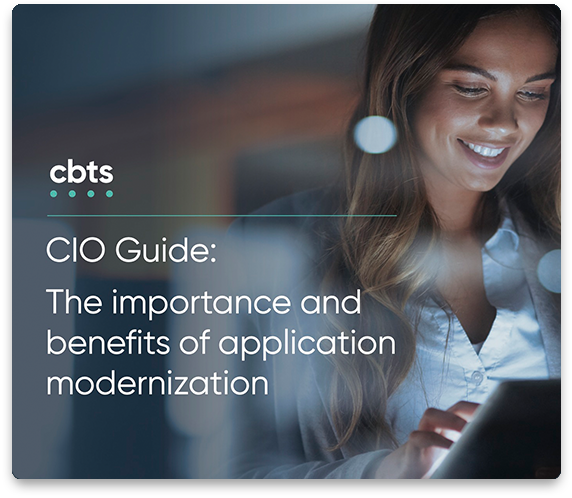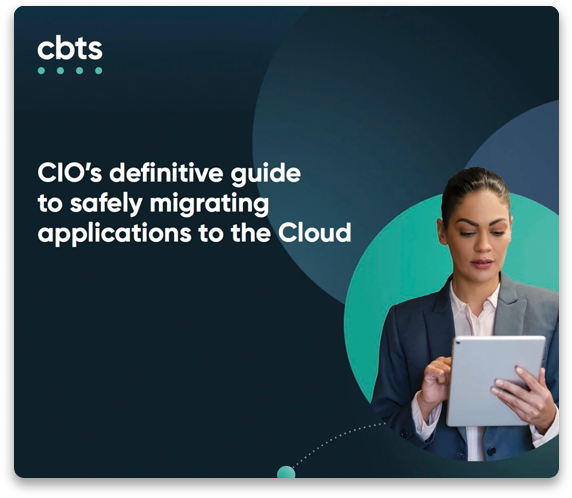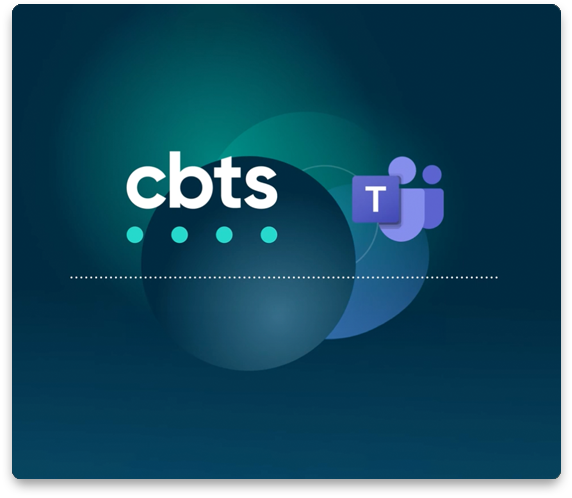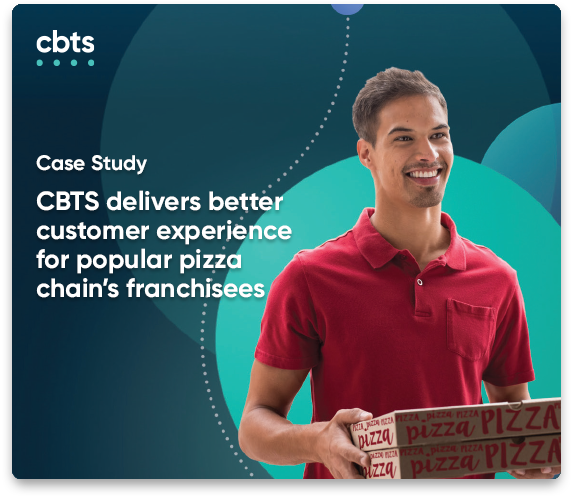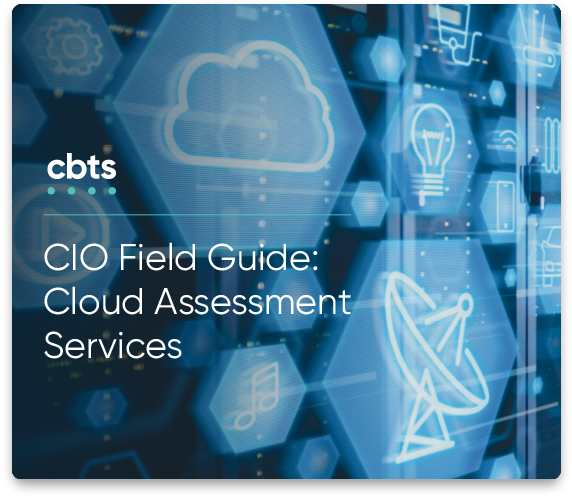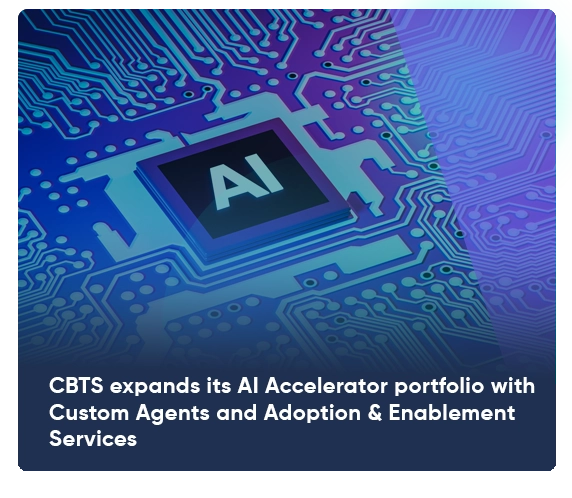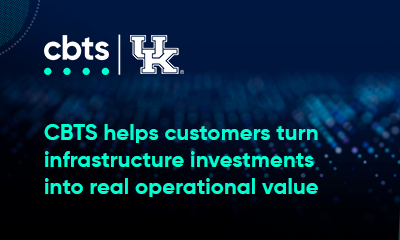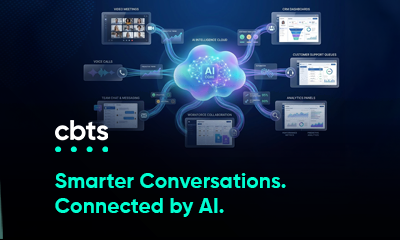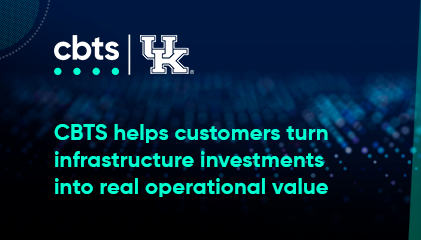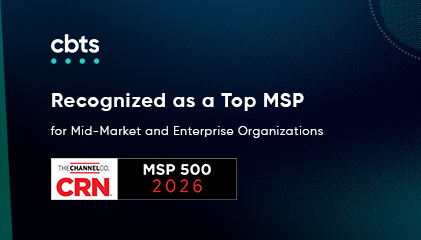
Artificial intelligence (AI) continues to make an indelible impression on modern business processes. The impact of AI in the financial industry is no exception. While immediate associations with generative AI (GenAI) tend to include marketing or customer service, optimizing processes and extracting insights also make it a productive pairing for the data-heavy field of finance.
Microsoft has crafted its own GenAI assistant offering in the form of Copilot—aptly named for what has emerged as the most successful usage model for GenAI: an enhancement to human employees’ skills and experience. Copilot exists in industry-specific forms, and its financial instance is built to streamline the most essential—and often, the most repetitive and time-consuming—work that happens in the smallest finance departments and the largest financial services enterprises.
Explore the industry-specific capabilities of Copilot for finance and uncover the advantages it can deliver for your team.
Copilot delivers AI benefits to the finance industry with an added Microsoft advantage
GenAI has already proven itself exceptionally useful in a range of business applications, many of which are not exclusive to finance. AI’s ability to streamline workflows and improve the customer experience represents significant wins for any industry.
AI in finance is set to provide distinct benefits as a discipline rooted in precision, forecasting, and large-scale analysis. Moreover, in the significant percentage of businesses already using Microsoft products, Copilot has a ready foundation for uniquely flexible, native integration.
Notable Copilot features include:
- Natural language interactions. Users can prompt or chat with Copilot conversationally without having to learn specific queries.
- Insight and recommendations. As an AI assistant, Copilot can return more than search results. It can offer interpretations of data and suggest next steps.
- Microsoft compatibility. Copilot natively integrates with Microsoft platforms such as Office, SharePoint, and Dynamics, making accessing data across your technology stack easier and supporting a greater range of assistive functions.
- Prepopulated scenario library. The first users of Copilot for finance were Microsoft’s own financial departments, meaning the software has been stress-tested firsthand. In addition, Microsoft offers a library of common financial workflows supported by Copilot alongside their associated prompts to get teams up and running as swiftly as possible.
Reserve human intelligence for tasks that demand it
AI’s greatest strengths lie in automation and analysis. As a tool, it excels at absorbing large datasets and surfacing the patterns within, facilitating a scale of data analytics that would be impossible to execute manually. In addition, AI can interpret complex, multi-stage requests, which can significantly simplify or even fully automate labor-intensive financial workflows.
In practice, this means that using Copilot’s AI in finance enables an entirely different approach to daily operations. By handling repetitive and time-consuming tasks like the ones below, Copilot changes the balance of attention and value in finance departments. Instead of spending hours on data entry or exhaustive reconciliations, finance teams can focus on the creative analysis and data-driven decision-making at which humans excel.
Implement with care
AI is an evolving technology, and while it shows great promise, organizations must approach an AI implementation thoughtfully to reap the benefits. Potential pitfalls include employee hesitation, unclear use case or scope, data governance considerations, technology infrastructure demands, and cybersecurity needs. Utilize the knowledge of an experienced partner like CBTS to develop a tailored implementation plan accounting for risk factors and stakeholder concerns.
Read more: Is AI a friend or foe? AI adoption in the age of technology anxiety
Automate reporting and analytics
When Copilot is integrated with Microsoft Dynamics, standard financial reporting like profit and loss statements, balance sheets, and cash flow reports can be as simple as a request. Copilot can automatically compile the necessary information and generate a formatted report. Additionally, it can streamline the closing process by autonomously reconciling accounts and surfacing discrepancies for review.
Ingest and analyze multiple complex data streams
Tasks like variance analysis and budget forecasting require visibility across multiple data sources. Finance teams can leverage Copilot’s AI to consolidate the data from various locations, generate reports, and gain insights and suggestions about the causes of variance or patterns in upcoming expenses.
These capabilities are also valuable for predicting broader market trends. Copilot can aggregate and summarize key information that would take analysts time to research, shortening the distance between raw data and informed decision-making.
Generate visualizations and other creative assets
Copilot automates creating data visualizations, minimizing the data entry and detailed adjustments needed when preparing for presentations. Graphs, charts, slide decks, and formal reports are much faster to develop, preserving employees’ valuable time for the content rather than the formatting. Additionally, Copilot can visualize data in real time, allowing users to create custom dashboards of market indicators or business KPIs that keep them abreast of critical information.
Streamline compliance and documentation
In the same way Copilot’s AI aggregates market data, it can retrieve the latest regulatory changes applicable to financial services. Utilized inside a document, Copilot can automatically update company reference materials with essential compliance guidelines, streamlining the process of staying current and minimizing your risk.
Set alerts for essential business indicators
Tracking key indicators using AI in finance enables real-time responses to shifting circumstances. Copilot empowers finance teams to configure highly customizable proactive alerts, informing personnel of upcoming events and significant changes. Tax deadlines and invoice due dates can be set to trigger notifications, as can spending anomalies, budget deviations, overdue accounts, and more.
Read more: Playbook: Implementing AI solutions to achieve operational excellence
Evolve your financial operations with Copilot and CBTS.
Microsoft Copilot AI is a flexible, powerful tool spurring steady change in financial operations. The regulatory landscape surrounding AI continues to evolve, as does the technology behind it and public opinion on its use. An increasingly sophisticated cybersecurity landscape also incorporates AI as a defensive enhancement and an angle of attack.
The stakes surrounding an AI implementation are high, but so are the potential rewards. Expert guidance is crucial for achieving optimum results. As an experienced integrator, CBTS helps organizations develop individualized AI roadmaps designed to meet their organization’s unique needs and deliver on AI’s promise of efficiency and insight. To take the first step in evolving your financial processes with AI, contact the experts at CBTS today.

